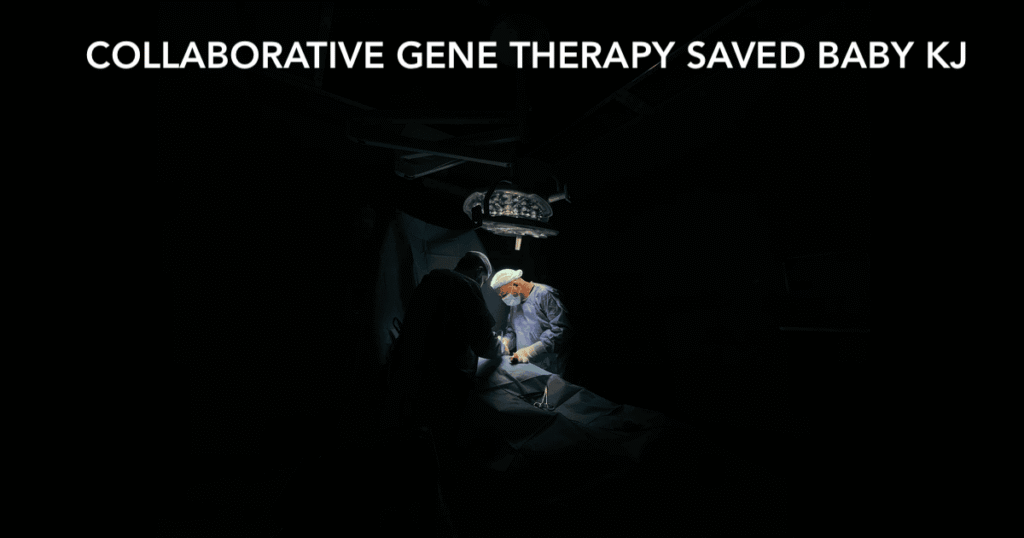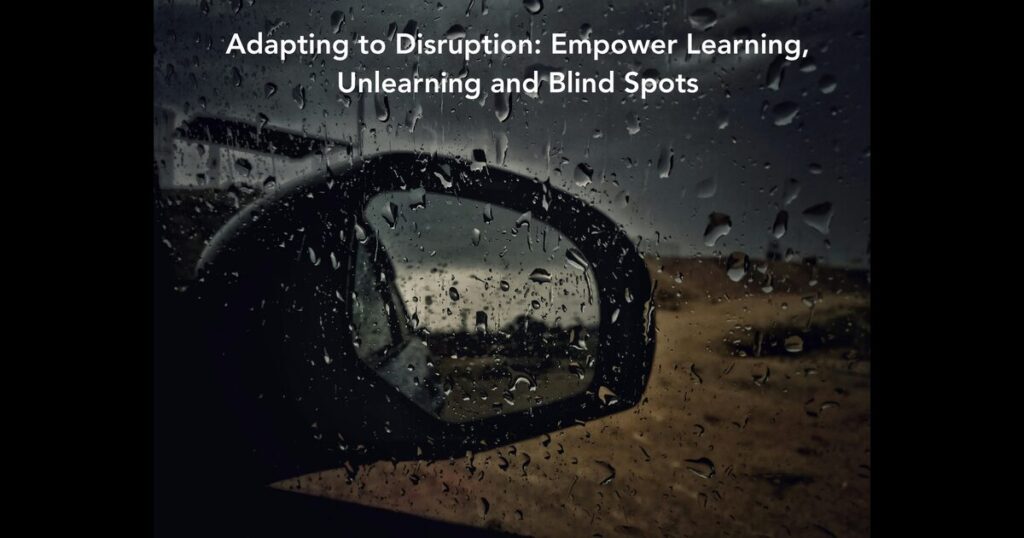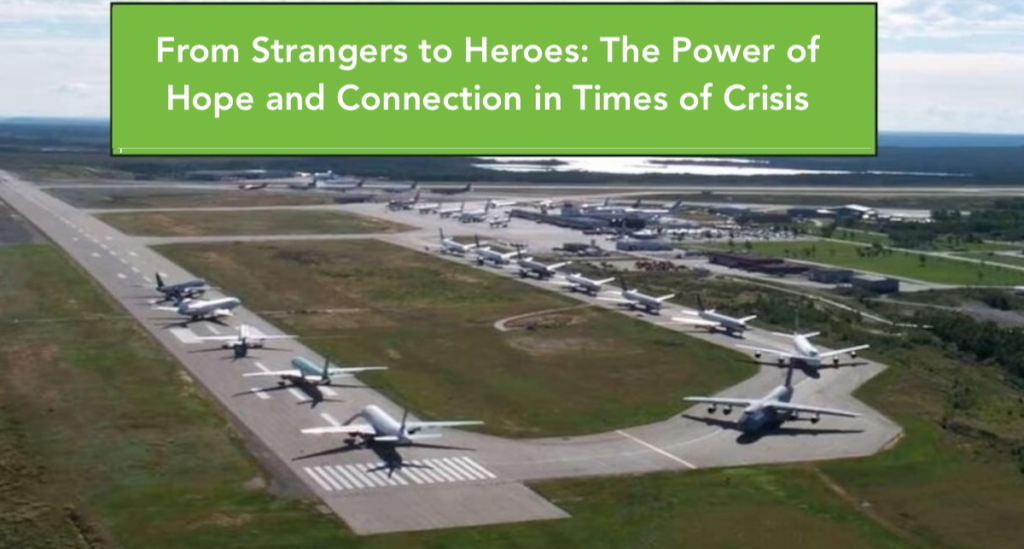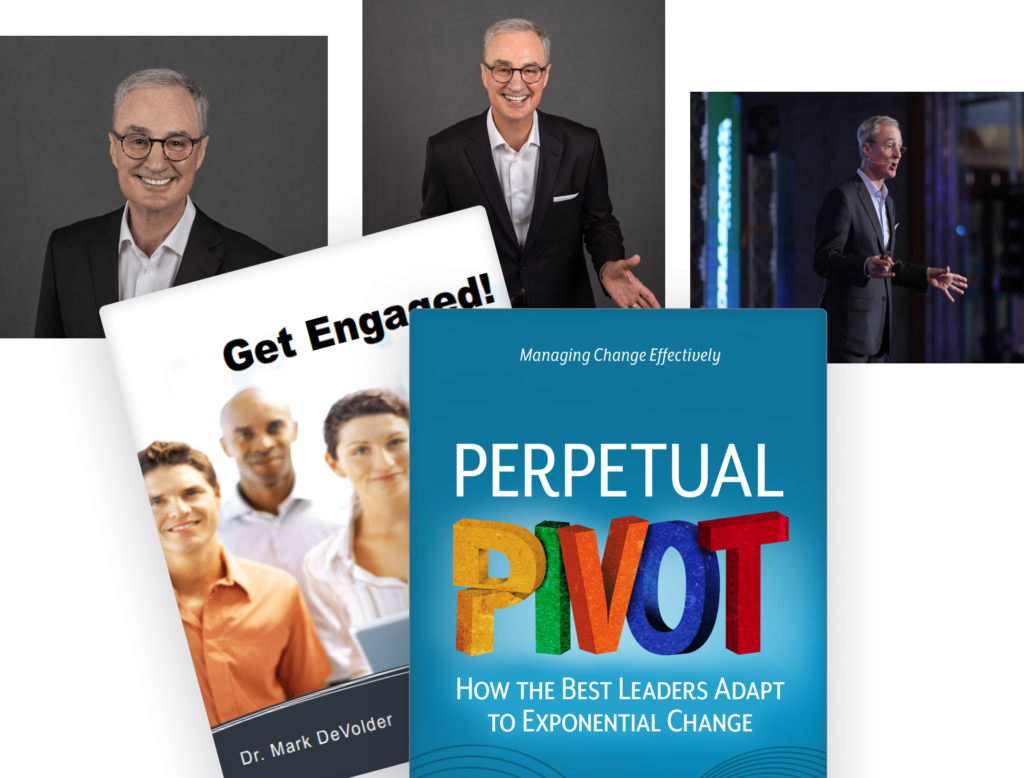We make thousands of decisions every day; psychologists estimate over 35,000 per day. Of course, most of these decisions are minor or even subconscious, but others are complex and require research and action. When it comes to those making those tough decisions, how are you doing? Are you making smarter decisions faster?
After working with hundreds of companies from small businesses to multibillion dollar organizations, I’ve noticed a surprising similarity: many organizations and leaders struggle to make timely decisions. One Executive from a billion dollar company, replied to my comment, “Actually, We are great at decision making!” I thought a moment and said,“Well, let me do a reality check. Think about how this conference happened: I was told ‘we’ll have a decision by Friday.’ And then, I didn’t hear back for two weeks. He grimaced and said, ‘Yes, actually we do that a lot.’”
And yet most of us would recognize that success depends on our ability to make good decisions, faster. Whereas slow decision-making wastes resources, causes us to miss opportunities and contributes to employee disengagement.
Today I want to talk about one of the most difficult decisions to make: Decision Making during a Crisis. Before we jump in, remember what C.K. Prahalad said: “It’s not what you know, but how fast you can access the information that others know.” And then, of course, take action.
Now, let me introduce a decision-making model: the POP-DOC Loop. It breaks down Decisions into two parts: Thinking Steps and Action Steps.
P.O.P. Stands for: Perceive / Orient / Predict
D.O.C. stands for: Decide / Operationalize / Communicate
- To make the best decision during a crisis, the first step is to Perceive. We have to gain a deep understanding of what’s happening in the disruption: Observing and Gathering information, defining the problem, and moving toward analyzing the root causes. Ultimately, we want to perceive the essence of the disruption.
- Step 2 is Orient. In this step, we re-position ourselves to view the entire problem from different perspectives. This involves looking from above, below, and considering viewpoints of others. Then, we organize the information into patterns, understanding the causes and effects.
- Step 3 is Predict. This step is the most challenging of all. Here we forecast what is likely to happen next based on our analysis and conclusions. Now we’re ready for the Action Steps.
- Step 4 is Decide. Here we brainstorm options and choose the best course of action. Choose carefully, though. Peter Senge says, “Today’s problems come from yesterday’s solutions.” That comment probably doesn’t help with “analysis paralysis”, but it pushes us to understand the problem and then solve it with the best solution.
- Step 5 is Operationalize.Here we assemble the resources and develop an implementation plan.
- The final Step is Communicate. Share information out with your team and gather input back from relevant stakeholders. Afterwards, assess the impact of your decision, and, if needed, cycle back and repeat the loop for continuous improvement.
If you’re like most leaders, you have important business decisions that need to be made right now. Choose the one that already has promised delivery date. Decide how much time you’ll need to analyze the problem: schedule a meeting, gather the people together who can help and work the problem.
Decision making is a critical skill. It’s also something that many of us struggle with. For those who need help, here’s a practical tip. Start by Practicing. Practice making decisions with choices that don’t have drastic consequences: Like, what flavour of ice cream to choose, which new restaurant to try or which to cell phone to buy. I remember when I was shopping for my first cell phone. I went back again and again to the same store. Six days in a row. I just couldn’t decide which phone to buy! I’m better now.
Discipline yourself to make better decisions faster each time: Do the research, consider the options and make a decision, fast.
Dr. Mark DeVolder is a Top Change Management & Transformation Expert, Award Winning Motivational Keynote Speaker Empowering Confidence through Change. Mark can teach you how to change, anticipate business trends and accelerate future-proof transformation. He’s done it before with industry leaders like Qatar Petroleum, PepsiCo, Royal Bank of Canada and Bristol-Myers Squibb.




